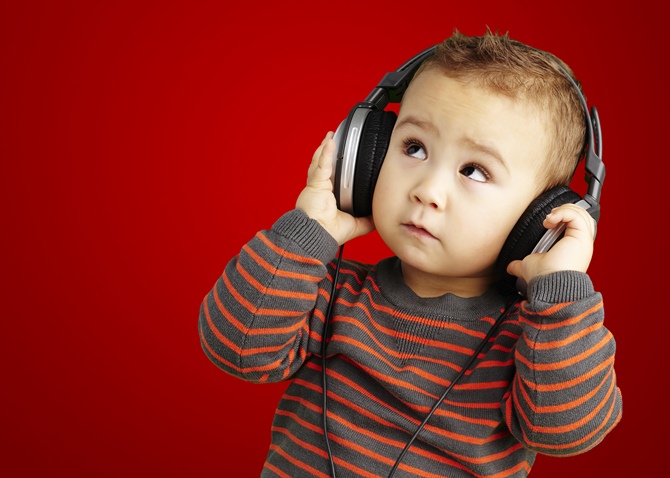
"I can't remember when but I began hearing some weird humming in my ears. At first, I thought it was from the surroundings or machinery, but it struck me as weird when the noise still stuck after I've returned home. I asked my husband if he could hear the noise and his answer was negative. I turned off all sound-emitting appliances when I went to bed at night, and the noise was still there. It soon dawned on me that the noise didn't come from outside, and it was only audible to me." Such was a patient's complaint, to which I replied, "Don't worry, this is a common condition called tinnitus. Without prompt treatment, though, it could develop into a disease difficult to be cured."
The noise heard by patients varies, and the most common is a continuous ringing in the ears. The noise rarely catches the attention of the patient in the initial stage, as it usually disappears with adequate rest. But the noise would continue and increase in intensity if the patient falls into a routine of fatigue and sleep deprivation, which weakens the liver and kidney – the reason why the ringing continues. What is initially heard only in a quiet environment will gradually become audible even in a noisy setting. It's incessant and it resembles the cry of cicada, causing a decline in hearing ability, or even weakened health, dizziness, sore waist and knees, sleep deprivation, frequent urination at night, and hair loss and wobbly teeth.
Causes of Tinnitus
From the perspective of traditional Chinese medicine, the kidney is inextricably tied with the ears, which is why weaknesses in the kidney could impede hearing. Since the kidney is connected to the bone and bone marrow, and the brain masters the bone barrow, conclusively speaking, when the kidney is weakened, so will the brain, causing dizziness, hair loss and wobbly teeth. Frequent urination at night is the result of weak kidney as the organ is responsible for water in the body. Likewise, weakened kidney results in sore waist and knees as the waist is the guard of the kidney. Also a likely consequence of a weakened kidney is sleep deprivation as a result of accumulation of internal heat.
From my experience, patients with a shorter history of tinnitus can expect recovery from medication alone. Naturally, treatments for patients with a longer history of tinnitus are more difficult with lower effectiveness, and a combined treatment with acupuncture is advised. When tinnitus occurs, it is wise to seek medical consultation as soon as possible.
Prevention and Self-cure
One of the greatest legacies of ancient Chinese wisdom is a guided treatment for tinnitus and deafness.
1. Helix Massage
Massage the helix on both ears from the bottom of the ear and then back down again for 15 minutes.
2. Exercise that Rids Your Ears of Tinnitus
Sit with one leg stretched straight and the other bent, stretch both arms horizontally with your palms stretched vertically. Move forward as if you are pushing a door, tilt your head and neck to the left and right for seven times on each side.
3. 'Drumming'
Adjust your breath, massage the antihelix with both palms then press the palms on each ear canal, and place your index, middle and ring fingers on the nape of your neck. Connect the two middle fingers, place the index fingers on top of the middle fingers, and slide the index fingers forcefully down to the nape of the neck until you hear a clear, audible thump. You may hit the nape of the neck first with the left index finger for 24 times, then the right index finger for 24 times. After that do it with both index fingers for 48 times.
4. Ear Drum Massage
Place the index or middle finger on the ear canal and massage softly on both sides for 15 to 30 times, three times a day, to help enhance the flow of qi and blood circulation.
It is always better to be careful than sorry. Take circumspect measures to protect your ears and save them the hassle of tinnitus!
Special Thanks:
Yim Yiu-kin
Registered Chinese Medicine Practitioner
National TCM Practitioner, China
National Senior Beautician, China
National Chiropractor, China
Bachelor in TCM, Guangzhou University of Chinese Medicine
Master of Acupuncture, Guangzhou University of Chinese Medicine
Doctorate Student of Acupuncture, Guangzhou University of Chinese Medicine
(This article is the personal opinion of the author, and does not necessarily reflect the views of Hong Kong Registered Chinese Medicine Practitioners Association or Hong Kong Housing Society.)